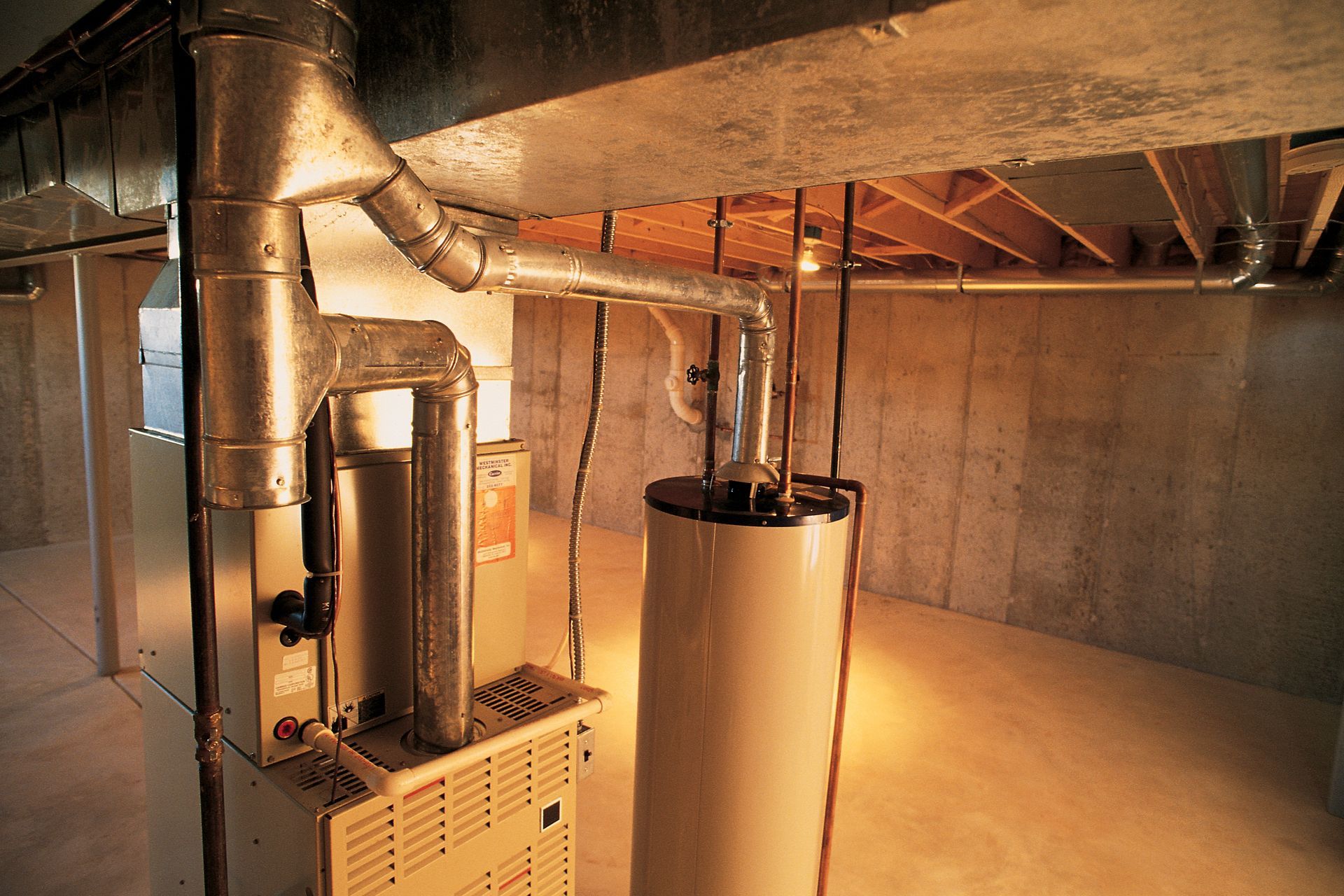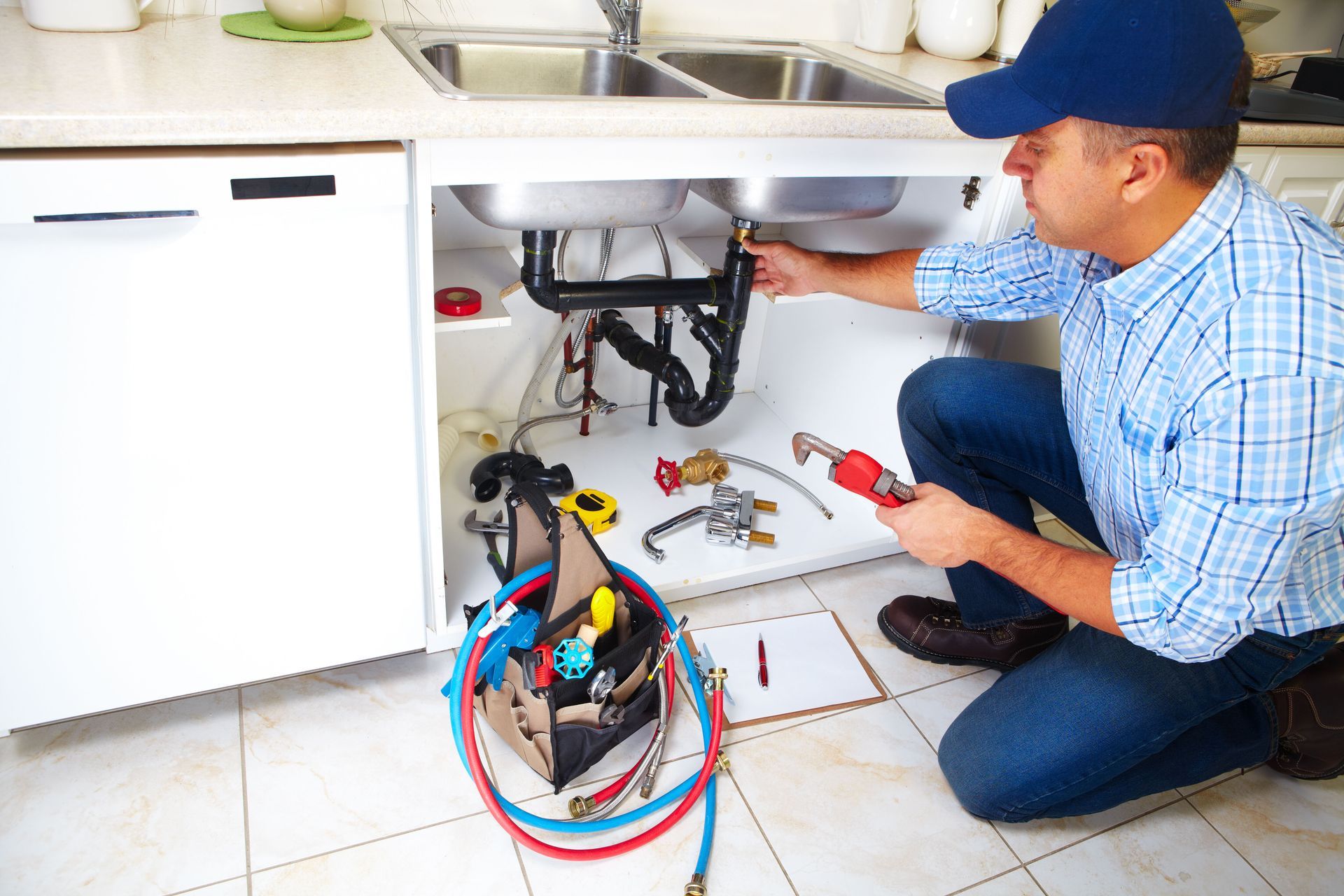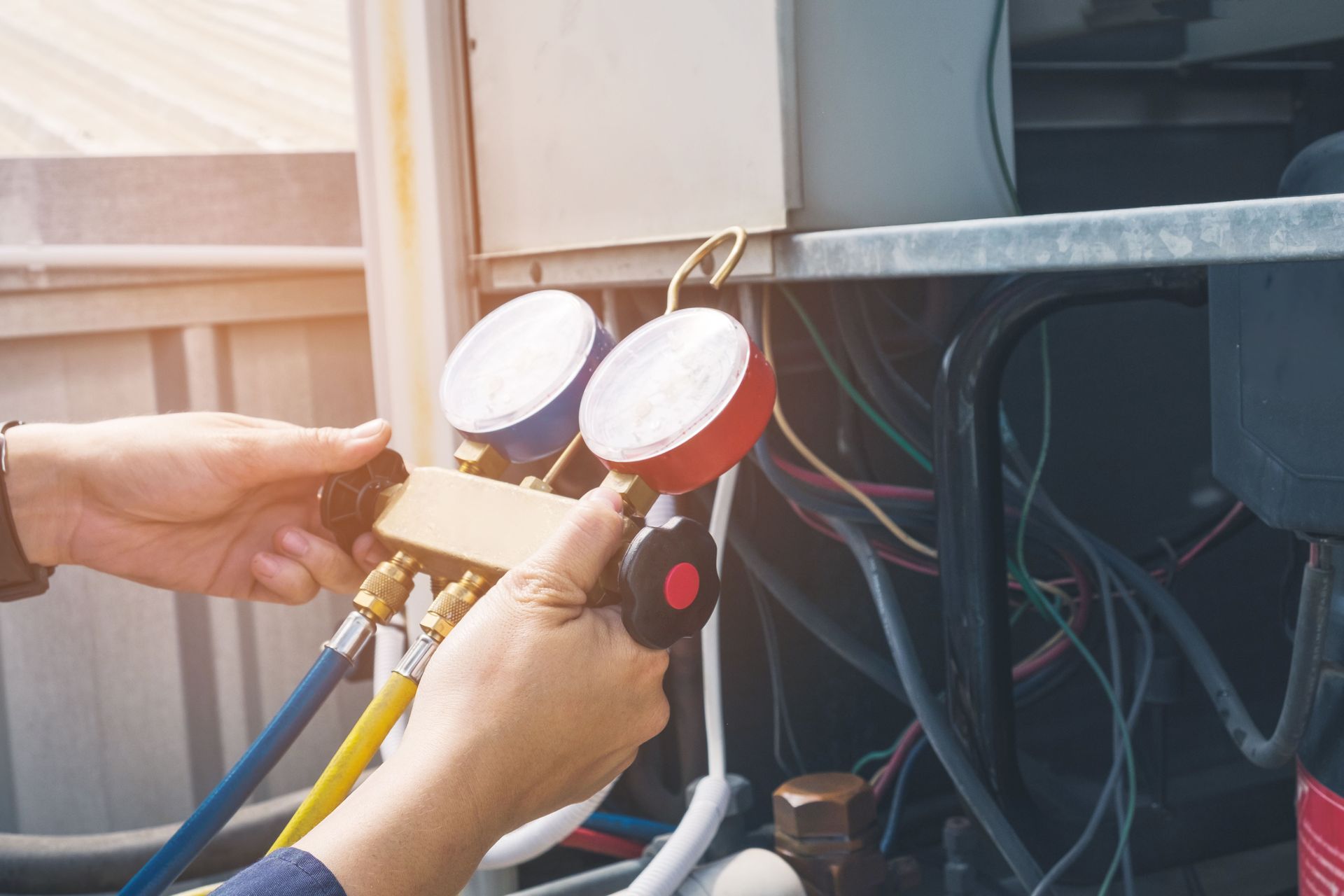November 7, 2025
Deciding whether to repair or replace a furnace is a significant decision for homeowners, often influenced by multiple factors. To make a well-informed decision, it's essential to evaluate several aspects ranging from immediate costs to long-term benefits. Throughout this article, we will dive into the critical questions you should ask and explore expert insights that can help guide your choice regarding furnace repair or replacement.
Evaluate the Age of Your Furnace
The age of your furnace is a critical factor in deciding whether to repair or replace it. From our experience, most furnaces have a lifespan of about 15 to 20 years, after which they may become less efficient and more prone to frequent breakdowns. Older furnaces may also not meet current energy efficiency standards, leading to increased energy bills. Furnaces older than 15 years that necessitate frequent repairs can be more cost-effective to replace, taking into account potential savings on utility bills and maintenance costs. Evaluating the age of your furnace alongside its performance and repair history can provide valuable insights into the most prudent course of action.
Homeowners should consider whether their existing furnace is still performing optimally or regularly causing inconvenience due to repairs. Aged furnaces tend to lose efficiency as components wear out, often requiring more energy to generate the same amount of heat. This energy inefficiency translates into higher energy costs, making an older furnace less attractive economically. Another concern with older units is their environmental footprint; as furnace technology advances, newer models offer improved energy conservation and reduced emissions. In the broader perspective, replacing an outdated unit can support environmental sustainability while offering enhanced performance.
Aside from functional considerations, the age of a furnace can also impact home resale value. Potential buyers are generally more interested in homes with updated heating systems because they provide assurance of reliability and reduced future expenditure. The transition to a newer furnace model not only enhances the home's attractiveness but also signals proper maintenance and care to prospective buyers. Thus, the age factor transcends operational efficiency and cost-effectiveness, influencing real estate dynamics as well. Therefore, acknowledging the implications of furnace age from multiple perspectives underscores the complexity of the repair or replace decision.
Track How Often Repairs Are Needed
The frequency of a furnace repair is a pivotal determinant in the repair or replace dilemma. If a furnace requires regular repairs, it's often a sign that the system is nearing the end of its lifecycle. Continual repairs not only lead to increasing costs but also indicate that the unit is unable to operate reliably. Homeowners must consider how much they have already invested in repairing their current unit and whether these costs will continue to pile up. If repairs are becoming more frequent and cost-intensive, it may be judicious to invest in a more reliable, long-term solution.
Each repair incident can serve as a benchmark to assess future reliability and potential expenditures associated with keeping the current system. The "one failure leads to another" phenomenon can spiral repair needs out of control, further entrenching the homeowner in long-term costs. For older furnaces, the aggregate repair costs may far surpass initial projections when deciding to keep the old unit running. Consulting with a furnace repair expert can provide clarity on the potential for emerging mechanical failures and help estimate future maintenance costs. The analysis of past repair index terms serves as a useful guideline for potential replacement timing.
Moreover, frequent failures can affect household comfort and safety due to sporadic heating interruptions. A furnace that fails repeatedly in winter can result in increased usage costs and diminished comfort. Professional assessments before the heating season ensure adequate performance and reduce the risk of unexpected outages. Particularly for families in colder regions, reliable heating systems are essential, and persistent repair needs may impair long-term comfort. Ensuring steady heating continuity and reducing unexpected repair expenses may tilt the decision towards replacement rather than frequent repair.
Compare Repair Costs With Long-Term Efficiency
One of the foremost considerations when debating between repairing and replacing a furnace is cost. Repairing a furnace can seem like a cost-effective option initially; however, the cumulative costs of multiple repairs over time can exceed that of a new unit. Analyzing the frequency and expense of past repairs can provide clarity on future costs. Moreover, unexpected breakdowns could lead to additional inconveniences and expenses, sparking the need for an economic assessment. Experts recommend evaluating the current repair needs alongside potential future repairs to estimate the total expenditure accurately.
When considering costs, it's also crucial to factor in the efficiency and reliability of a new furnace. While the upfront cost is higher, a new furnace is often more energy-efficient, leading to reduced utility bills over time. This reduction in operational costs can offset the initial investment, making replacement a financially prudent choice for long-term homeowners. Therefore, when analyzing costs, a holistic view that incorporates immediate expenses and future savings is essential.
According to This Old House, homeowners should think about replacing their furnace after around 15 years—especially if they're noticing frequent repairs, strange noises, inconsistent heating, higher energy bills, or visible rust and corrosion on the system. Frequent furnace repair may be a sign that the equipment is reaching the end of its functional lifespan, signaling that continuing to patch problems may not be sustainable. A clear cost-benefit analysis incorporating these elements can aid homeowners in making a financially sound decision.
Boost Your Home’s Value With an Updated Furnace
The heating system is a significant component that potential buyers consider when evaluating a home. An aging furnace that frequently malfunctions can deter buyers or reduce the home's market value, given the expectation of subsequent furnace repair or replacement costs. Conversely, a recently installed, efficient furnace is likely to increase a home’s appeal, as buyers usually prefer a system that promises reliability and lower operation costs. Investing in a new furnace can serve as an attractive selling point, effectively showcasing the seller's commitment to home maintenance and upkeep. This aspect often figures in real estate transactions, with new HVAC systems potentially accelerating sales.
In many markets, a modern furnace combined with a well-insulated home exhibits a clear advantage during both appraisals and negotiations. Buyers are conscious of the long-term savings associated with energy-efficient homes, especially in regions with extreme climate conditions. Consequently, homeowners aiming to sell their property can consider it a strategic investment that carries significant weight in modernizing their living space. Furthermore, energy-efficient upgrades are often highlighted in marketing materials, as they underscore the economic and environmental advantages to prospective homeowners. The emphasis on sustainability and reduced utility bills often resonates strongly with today’s environmentally-conscious buyer.
Furnace replacement can, therefore, support more than mere operational economics; it contributes directly to the home's perceived and appraised value. These improvements are evident not just as an uptick in property value but also in competitive market positioning. Home inspections can significantly benefit from having an updated heating system, potentially circumventing negotiation barriers and securing sales more rapidly. Evaluating furnace replacement not only from an energy efficiency perspective but also as a real estate investment underscores its multifaceted benefits. The nuanced considerations resonate with both fiscal and strategic homeownership objectives.
After examining several key factors, it's evident that deciding whether to repair or replace a furnace requires a balanced approach. The decision impacts not just immediate finances but also long-term savings, energy efficiency, home comfort, and property value. Experts emphasize the importance of assessing the frequency of furnace repair, cost, age, and efficiency improvements in making an informed decision that aligns with household needs. Careful evaluation with consideration for life cycle costs and homeowner objectives can foster sustainable and stress-free homeownership. Consulting with furnace repair professionals can further support these key decisions to ensure both economic and operational efficiency. Reach out to Putnam Plumbing & Heating Inc to learn more today!



